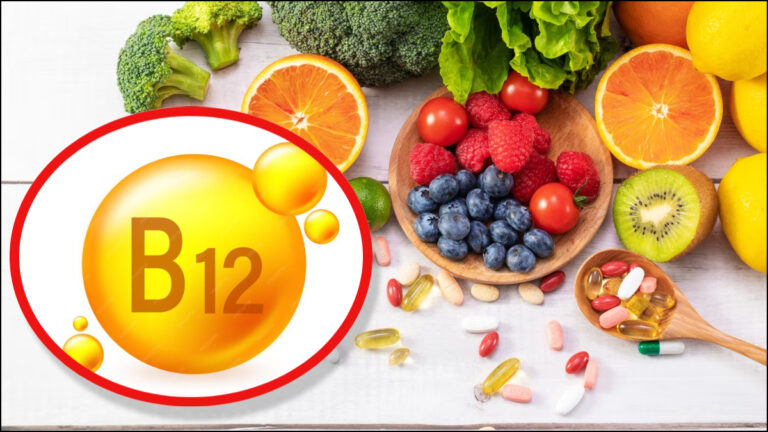A nutrient that is indispensable for the production of energy, nerve function, and the formation of red blood cells is vitamin B12. Vegans and vegetarians may experience difficulty obtaining an adequate supply of Vitamin B12, as it is primarily found in animal-based diets. For vegetarians, it is essential to maintain awareness of plant-based foods rich in vitamin B12. Fatigue, muscle weakness, and complications in the nervous system may result from inadequate levels of this essential vitamin. The following section will investigate the most effective Vitamin B12 regimens for vegetarians, including fortified cereals, plant-based milk, and various other options.
What is Vitamin B12?
Vitamin B12, also referred to as cobalamin, is a crucial nutrient that is essential for a multitude of physiological functions. This statement underscores the significance of various bodily functions, including the production of red blood cells, nerve function, DNA synthesis, energy metabolism, and nervous system maintenance. Symptoms of vitamin B12 deficiency include anemia, neurological disorders, fatigue, and frailty. Natural sources of vitamin B12 include animal-based foods, fortified plant-based foods, supplements, and injections. In general, Vitamin B12 is essential for the promotion of a sense of well-being and the maintenance of overall health.
Symptoms of Vitamin B12 Deficiency
Here are the symptoms of Vitamin B12 deficiency:
Physical Symptoms:
1. Fatigue and weakness
2. Shortness of breath
3. Pale or yellowish skin
4. Headaches
5. Dizziness or lightheadedness
6. Muscle weakness
7. Joint pain or stiffness
8. Digestive issues (diarrhea, constipation, loss of appetite)
9. Weight loss
10. Hair loss
Neurological Symptoms:
1. Numbness or tingling in hands and feet
2. Memory loss
3. Confusion
4. Mood changes (depression, anxiety, irritability)
5. Difficulty concentrating
6. Balance problems
7. Weakness in arms and legs
8. Vision problems (double vision, blurred vision)
Other Symptoms:
1. Increased risk of infections
2. Poor wound healing
3. Increased risk of cardiovascular disease
4. Increased risk of neurological disorders (multiple sclerosis, Parkinson’s disease)
Severe Deficiency Symptoms:
1. Severe anemia
2. Neurological damage (peripheral neuropathy, myelopathy)
3. Increased risk of cognitive impairment
4. Increased risk of dementia
Note: If you’re experiencing any of these symptoms, consult a healthcare professional for proper diagnosis and treatment. Vitamin B12 deficiency can be treated with supplements, injections, or dietary changes.
Health Benefits of Vitamin B12
Vitamin B1, also known as Thiamine, offers a range of health benefits:
The Benefits of Physical Fitness:
- Energy Production: Vitamin B1 is crucial for converting carbohydrates into energy.
- Nervous System Function: Thiamine is crucial for the efficient operation of the nervous system, particularly in transmitting nerve impulses.
- Heart Health: Vitamin B1 is essential for preventing cardiovascular disease and maintaining a healthy heart.
- Digestive Health: Thiamine enhances digestive health by facilitating the absorption of nutrients, thereby fostering a healthy digestive system.
- Muscle Function: Vitamin B1 plays a crucial role in the proper functioning of muscles, allowing them to relax and contract effectively.
The Benefits of Mental Health:
- Mood Regulation: Thiamine plays a crucial role in regulating mood and reducing the risk of anxiety and depression.
- Cognitive Function: Vitamin B1 is crucial for cognitive function, including memory and concentration.
- Promotes Relaxation: Thiamine helps to promote relaxation and reduce tension.
Other benefits:
- Antioxidant Properties: Vitamin B1 possesses antioxidant properties that help protect cells from damage.
- Anti-Inflammatory Effects: Thiamine has anti-inflammatory properties that can lower the risk of chronic diseases.
- Skin Health: Vitamin B1 contributes to the immune system’s overall health, supporting proper functioning.
- Epidermis Health: Thiamine plays a crucial role in maintaining the epidermis’s health by supporting collagen production and aiding in the repair of lesions.
- Eye Health: Vitamin B1 helps improve eye health by reducing the risk of age-related macular degeneration and cataracts
Recommended Daily Intake of B12:
Adult men: 2.4 mcg/day
Adult women: 2.4 mcg/day
Pregnant women: 2.6 mcg/day
Breastfeeding women: 2.8 mcg/day
Vitamin B12 Foods and Fruits for Vegans and Vegetarians
Here are some Vitamin B12 foods and fruits that are suitable for vegans and vegetarians:
Vitamin B12 Foods:
1. Fortified plant-based milk (soy milk, almond milk, oat milk)
2. Cereals (oatmeal, granola, breakfast cereals)
3. Energy bars
4. Meat alternatives (veggie burgers, veggie sausages)
5. Fortified yogurt
6. Nutritional yeast
7. Seaweed (nori, wakame, hijiki)
8. Algae oil
9. Spirulina
10. Tempeh
11. Miso
12. Nutmeg
Vitamin B12 Fruits:
While fruits are not naturally rich in Vitamin B12, some fruits can help support Vitamin B12 absorption:
1. Bananas (rich in potassium, which supports Vitamin B12 absorption)
2. Avocados (rich in healthy fats, which support Vitamin B12 absorption)
3. Berries (rich in antioxidants, which support overall health)
4. Citrus fruits (oranges, grapefruits, lemons) (rich in vitamin C, which supports immune function)
5. Apples (rich in fiber, which supports digestive health)
Fortified plant-based milk (soy milk, almond milk, oat milk)
Plant-based milk, including oat milk, almond milk, and soy milk, is a nutritious dairy-free alternative that offers a multifaceted selection of essential nutrients, including potassium, vitamin D, calcium, and vitamin B12. In addition to promoting overall health and well-being, this is a delectable and convenient option for vegans and vegetarians to satisfy their daily Vitamin B12 requirements. When purchasing fortified plant-based milk, it is imperative to thoroughly evaluate the nutrition label to guarantee that it contains all necessary nutrients.
Cereals (oatmeal, granola, breakfast cereals)

Fortified cereals, such as oatmeal, muesli, and breakfast cereals, are a highly valued source of Vitamin B12. Including Vitamin B12 in breakfast cereals makes them a convenient and delectable option for beginning the day. Additionally, oatmeal and muesli are abundant in fiber, iron, and other critical nutrients. To optimise the nutritional value of cereal, it is essential to choose options made with whole cereals and minimal added carbohydrates. Furthermore, it is imperative to consistently confirm that the product contains an appropriate amount of Vitamin B12 by examining the nutrition label.
Energy Bars

Energy bars are an excellent option to increase your vitamin B12 intake on the go. Energy bars often provide a variety of nutrients, including protein, fiber, vitamin B12, and healthy fats. Bars created with nutritious ingredients and mildly sweetened with additional carbohydrates are superior in nutritional value. Keeping an eye on the nutrition label will allow you to determine how much vitamin B12 is in a particular product.
Meat alternatives (veggie burgers, veggie sausages)
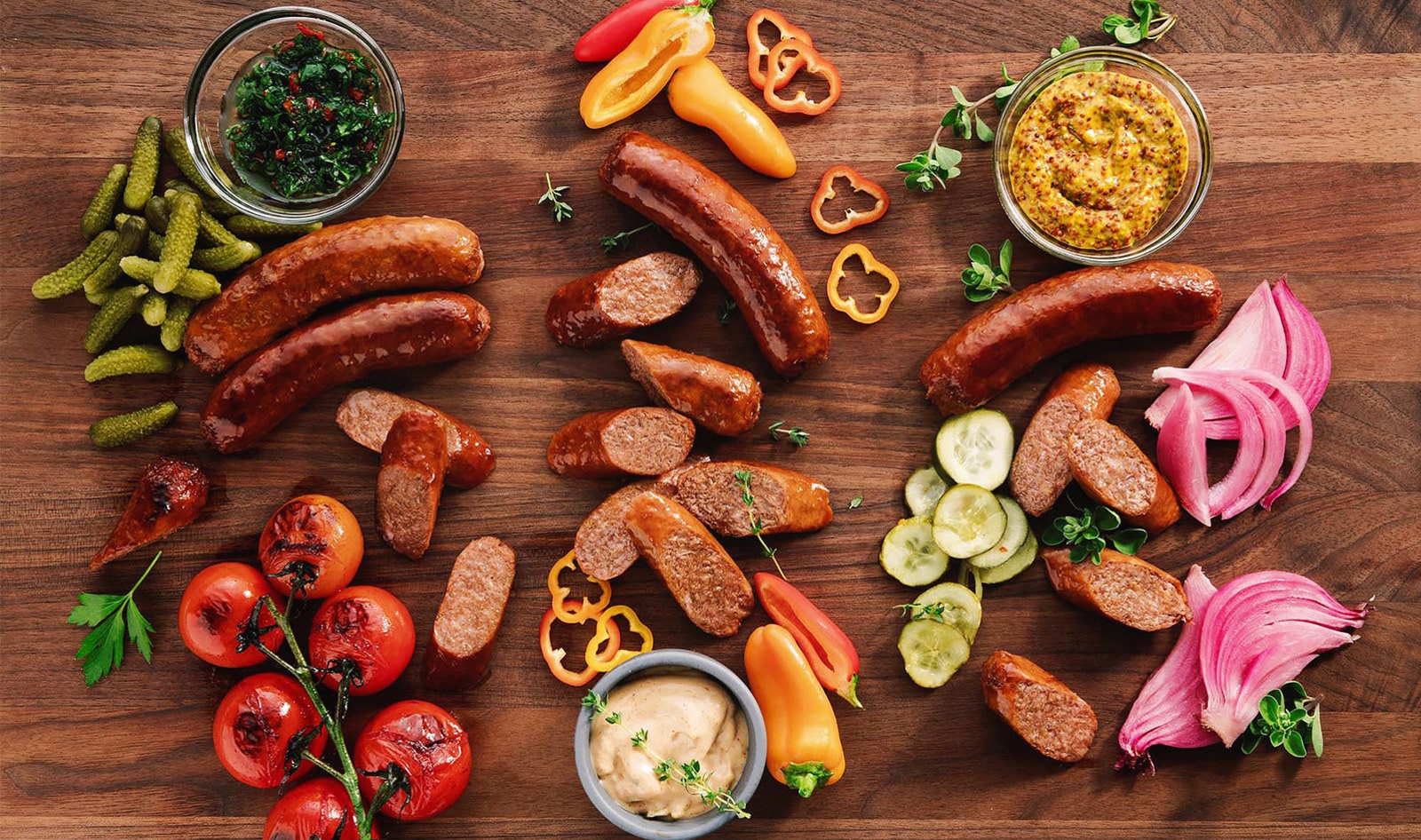
Several vegan and vegetarian sausages and veggie patties include vitamin B12, so they’re a good choice. To provide a nutritious and tasty meat replacement, these plant-based options try to mimic the texture and flavour of the meat as closely as possible. Simply checking the nutrition label will allow you to determine how much vitamin B12 is in a particular product. Many meat alternatives include vitamin B12, including those from Impossible Foods and Beyond Meat.
Fortified Yoghurt
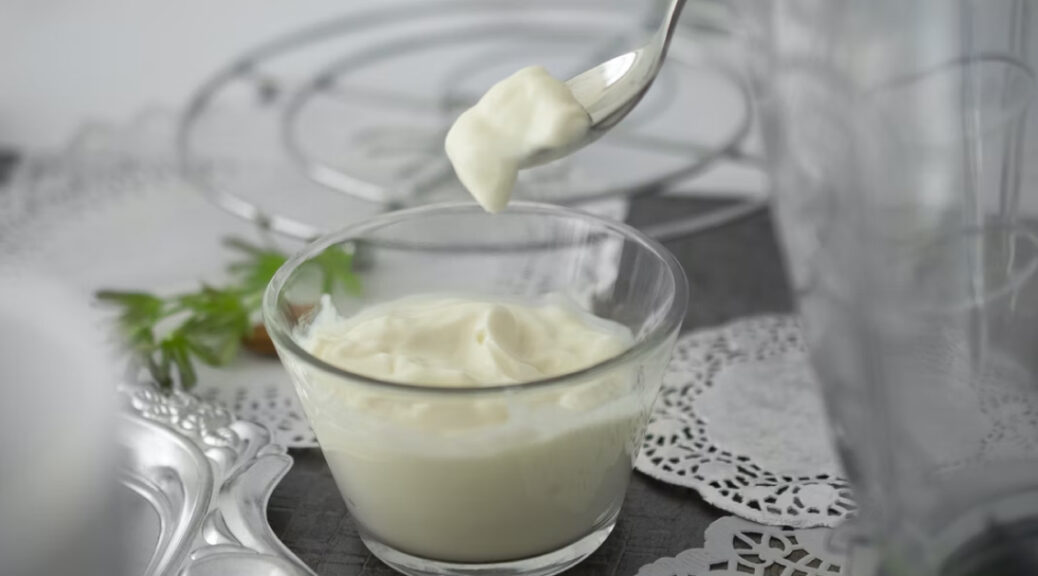
Adding vitamin B12 to your diet with fortified yoghurt is delicious and nutritious. Many different brands offer fortified variants of plant-based yoghurt. These alternatives, which may be created using a variety of milk (almond, soy, or coconut), provide extra nutrients, including calcium and vitamin B12. Be sure it contains vitamin B12 by reading the label and searching for reputable brands such as Silk and So Delicious.
Nutritional Yeast
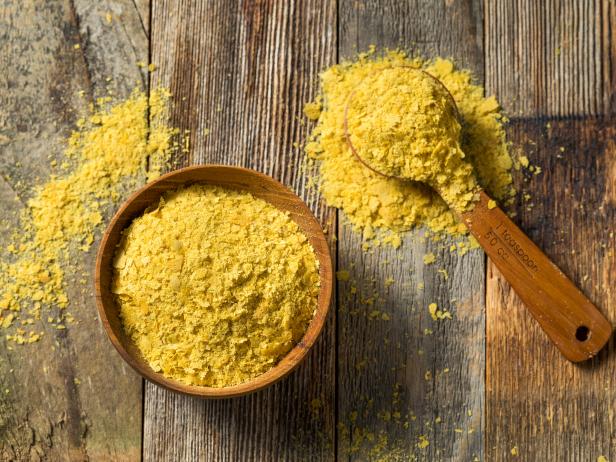
Nutritional yeast, a popular vegan ingredient, is nutritious and delicious. Its abundance of protein, fibre, and vitamin B12, along with prominent flavours of cheese and almonds, make it a delightful addition to any dish. Produced by growing yeast on sugarcane or beet molasses, which is then cleaned, dried, and harvested with great care, this yeast adds a unique umami taste and flavour enhancement to soups, stews, vegan mac & cheese, and other vegan foods. A tablespoon of nutritional yeast may contain up to 10 milligrams of vitamin B12, making it a healthy and tasty choice for those looking to improve their overall health.
Seaweed (nori, wakame, hijiki)
:max_bytes(150000):strip_icc()/__opt__aboutcom__coeus__resources__content_migration__serious_eats__seriouseats.com__2018__04__20180403-seaweed-guide-vicky-wasik-16-1500x1125-26a7fd11e771405681381bb7bdc88ea1.jpg)
Seaweed is an excellent source of essential minerals like iodine and vitamin B12, and eating nori, wakame, and hijiki daily is a great way to get them into your diet. Vitamin B12 is abundant in nori, a favourite component of sushi rolls. Iron and calcium, among other essential elements, are plentiful in wakame and hijiki. Among seaweed’s many health advantages is its ability to boost energy production and assist the thyroid. Seaweed has a high iodine content, so it’s essential to eat it moderately.
Algae Oil

A plant-based source of vitamin B12, algal oil is obtained from algae such as spirulina and chlorella. Vegans and vegetarians will love this oil since it is rich in healthy fats, antioxidants, and vitamin B12. Including algae oil in your diet is fantastic because it helps your heart, brain, and energy levels. You can include it in your meals by adding it to salads, smoothies, or cooking. Ensure you get high-quality, vegan-certified algal oil supplements or food items.
Spirulina
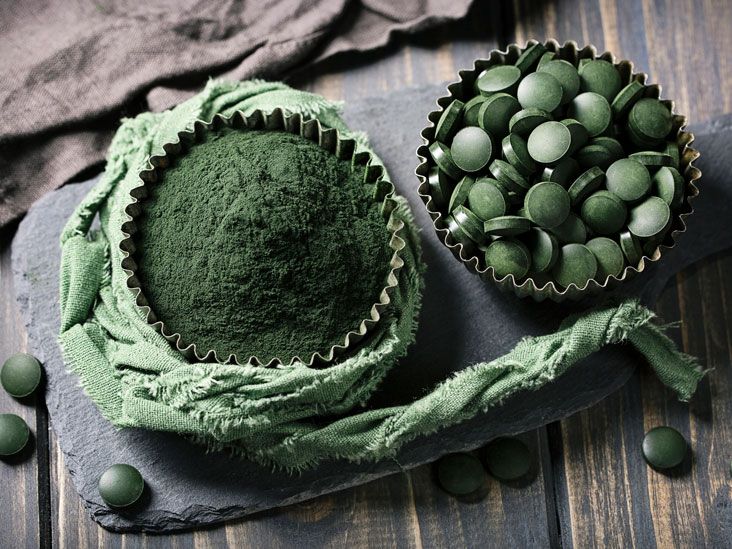
Iron and vitamin B12 are among the many essential elements found in abundance in the phytoplankton species spirulina. This ancient mineral has improved energy, overall health, and immune function for a very long time. A popular supplement, spirulina, may increase the antioxidant and nutritional value of smoothies, salads, and other meals. For optimal spirulina benefits, seek vegan-approved, high-quality products.
Tempeh

Vitamin B12, protein, and probiotics are just a few elements in tempeh, a fermented soybean dish. This versatile food can be used in various dishes, from stir-fries to sandwiches, adding a unique flavour and texture. In addition to boosting energy and the immune system, this tasty food also helps with digestion. Tempeh is an excellent alternative for vegetarians and vegans trying to eat more plant-based foods. Enhancing the nutritional value of tempeh products with vitamin B12 supplements is a fantastic idea.
Miso

Consuming miso, a fermented soybean paste, has several health advantages, including probiotics, protein, and vitamin B12. Among the many positive effects on health, this delicious spice enhances energy production, promotes digestive health, and strengthens immune function. The rich, umami miso flavour can improve the taste of various dishes, from soups to marinades. This is perfect for plant-based and vegetarian recipes. Look for miso products that have added vitamin B12 if you want it to have extra nourishment.
Nutmeg
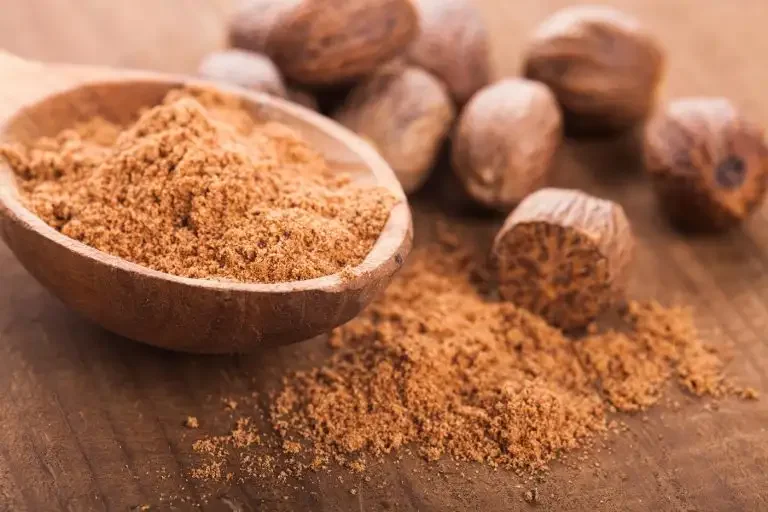
The nutmeg spice contains vitamin B12 and several other vital elements, including copper and magnesium. Nutmeg isn’t a significant source of vitamin B12, but it may add a considerable amount to your daily intake if you eat it moderately. To get the nutritional benefits of nutmeg, season a broad range of dishes with it. This includes both sweet and savoury dishes, as well as baked goods. It would help to use caution while eating nutmeg since it may be highly harmful.
Bananas
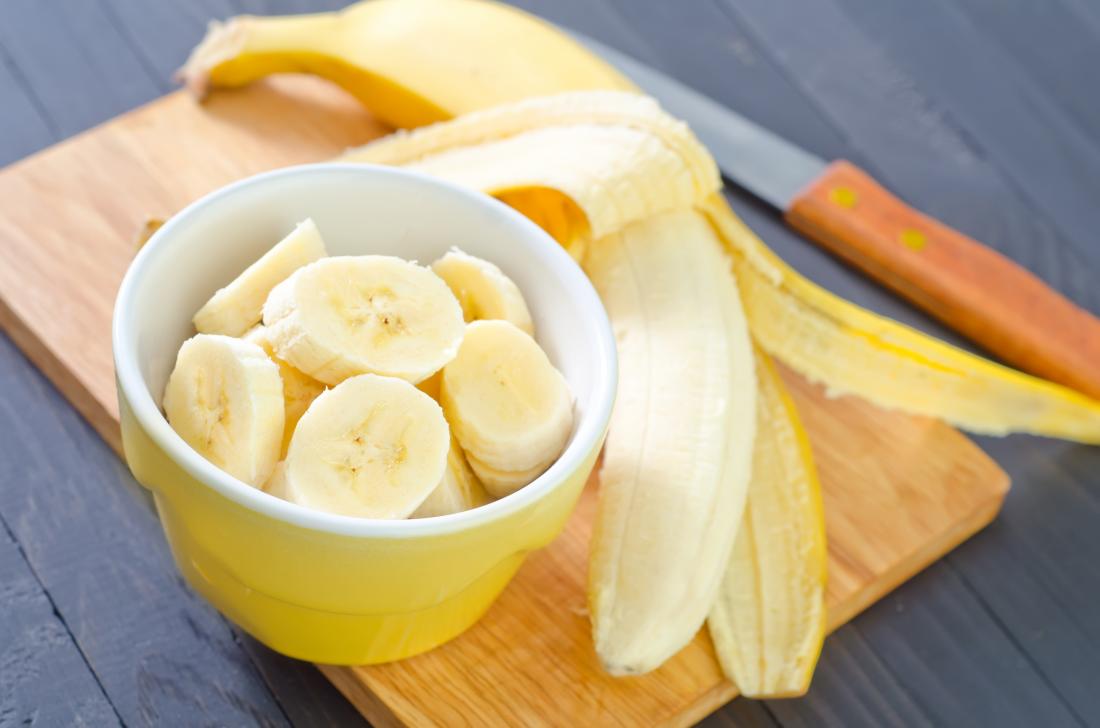
Bananas are abundant in various essential nutrients, and they are uncommonly acknowledged as a significant source of Vitamin B12. However, certain bananas may contain trace quantities of Vitamin B12 if fortified or cultivated with B12-rich fertilizers. Furthermore, bananas are a valuable addition to a well-balanced diet, as they contain essential nutrients such as potassium, vitamin C, and fiber.
Avocados
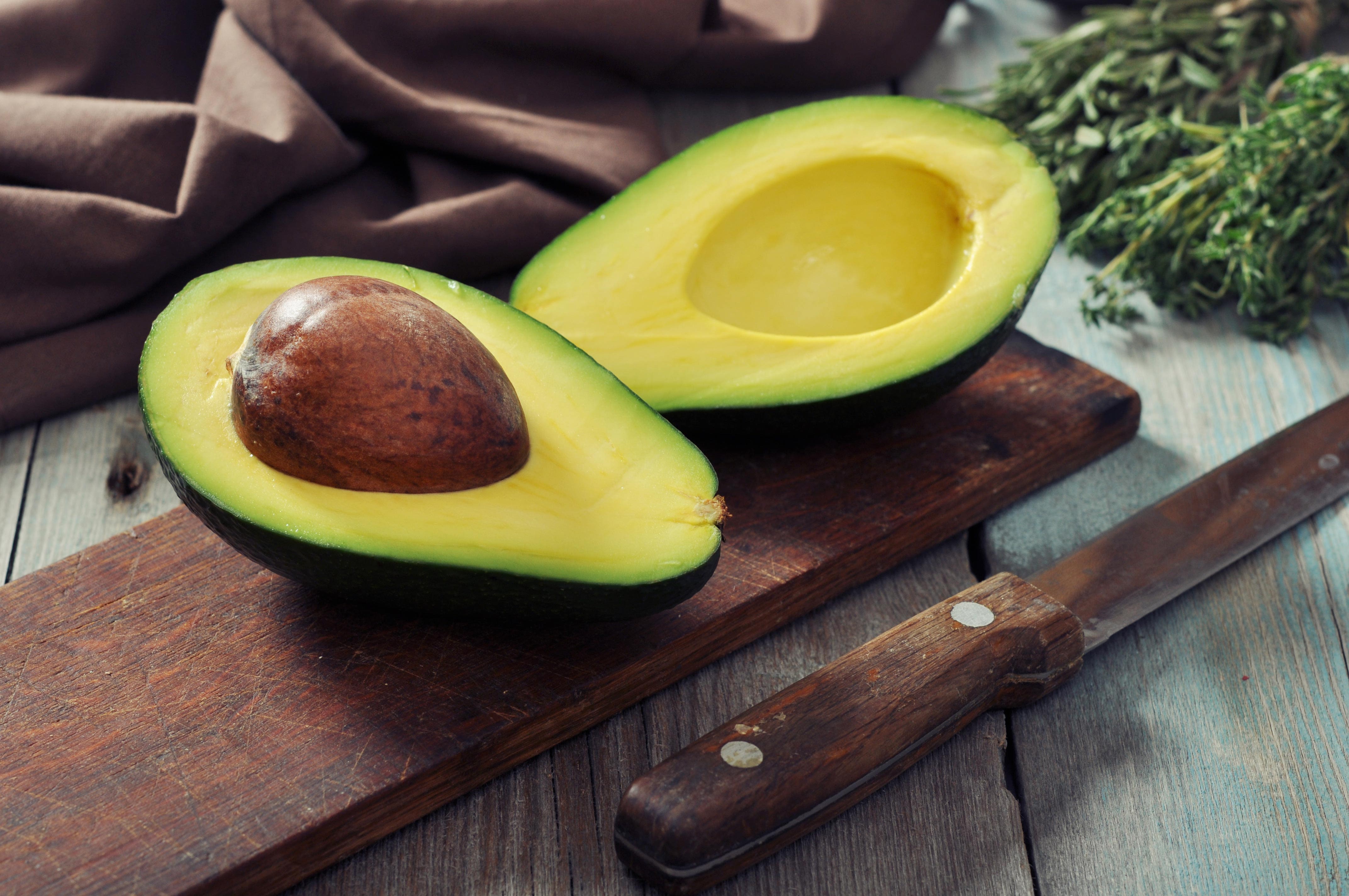
Avocados are a great source of beneficial fats, fiber, vitamins, and minerals. Be that as it may, you must realize that they are not a great source of vitamin B12. Because of their high riboflavin and folate levels, avocados are a great way to get more B vitamins into your diet. If you want to improve your health and wellness in general, eat avocados and other vitamin B12-rich foods or take vitamin B12 supplements.
Berries
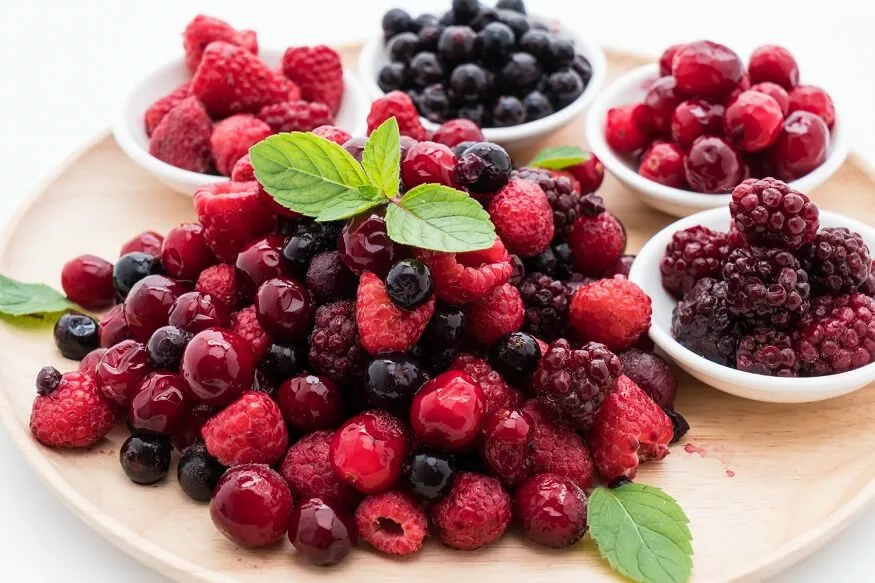
Berries like raspberries, blueberries, and strawberries are rich in nutrients, antioxidants, fiber, and vitamins C and K. However, they aren’t a great source of vitamin B12. Although cranberries and blueberries could have some vitamin B12, it’s important to remember that the amounts are small. If you want to get the full health benefits of berries, eating them as part of a balanced diet that includes foods or supplements high in vitamin B12 is best.
Citrus fruits (oranges, grapefruits, lemons)
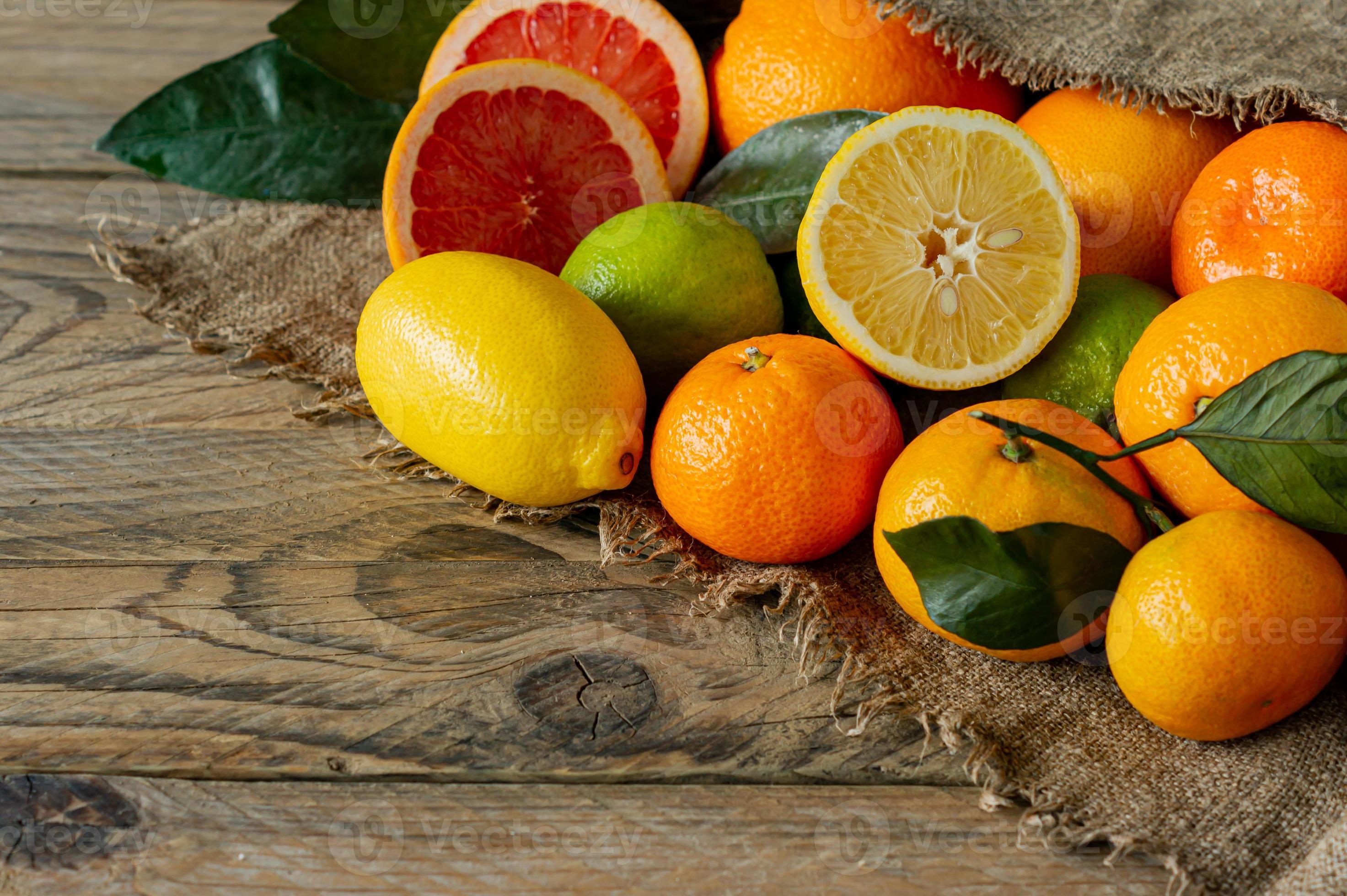
Lemons, oranges, and grapefruits are a few examples of citrus fruits rich in vitamin C and flavonoids. Be that as it may, you must realize that they are not a great source of vitamin B12. These fruits are beneficial in terms of general well-being and immune system function. People who follow a plant-based or vegetarian diet should ensure they acquire their vitamin B12 from animal products, supplements, or fortified foods to meet their nutritional needs.
Apples

Vitamins A and C, as well as fiber and antioxidants, make apples a nutritious fruit option. They don’t provide a lot of vitamin B12. Some people find that eating an apple every day improves their digestion and overall health. To fulfil their nutritional needs, vegans and vegetarians may need to seek out fortified foods, supplements, or products derived from animals that include vitamin B12. Even though apples are fantastic, they shine when combined with nut butter like peanuts or almonds.
Conclusion
Vegetarians and vegans should pay attention to the importance of vitamin B12. It is essential to comprehend its significance. Even though plant-based foods inherently contain lower levels of Vitamin B12, numerous fortified and natural sources of this nutrient are available. Consuming foods high in Vitamin B12 can significantly enhance your energy levels, foster a healthy nervous system, and contribute to your overall quality of life. To prevent any potential health issues associated with deficiency, both vegetarians and vegans must maintain an adequate intake of Vitamin B12. This guide offers information to help you make informed decisions about your diet and Vitamin B12 requirements.
FAQs
Q. Can I take Vitamin B1 supplements?
A. Yes, Vitamin B1 supplements are available; however, it is imperative to consult with a healthcare professional before consuming any supplements.
Q. What is the recommended daily intake of Vitamin B1?
A. The recommended daily intake of Vitamin B1, which varies depending on age, sex, and other variables, ranges from 1.1 mg to 1.5 mg.
Q. Can Vitamin B1 deficiency be treated?
A. Yes, treating Vitamin B1 deficiency may involve using injections, dietary modifications, or supplements.
Q. Is Vitamin B1 safe for pregnant or breastfeeding women?
A. Yes, Vitamin B1 is crucial for lactation and expectant women. However, it’s important to remember that professional advice is key before starting any supplement. This reassurance ensures you’re on the right track for your health.

